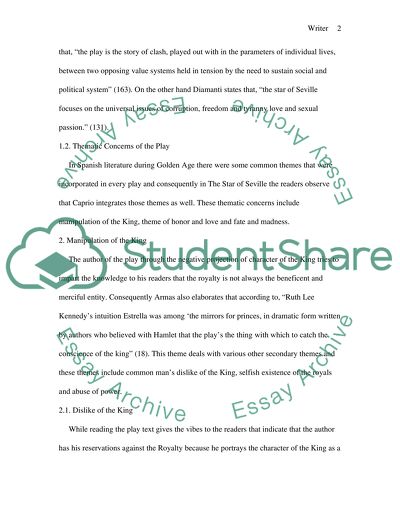Cite this document
(“Thematic Analysis of the Play the Star of Seville Term Paper”, n.d.)
Thematic Analysis of the Play the Star of Seville Term Paper. Retrieved from https://studentshare.org/literature/1414288-la-estrella-de-sevilla-analitical-critical-essay
Thematic Analysis of the Play the Star of Seville Term Paper. Retrieved from https://studentshare.org/literature/1414288-la-estrella-de-sevilla-analitical-critical-essay
(Thematic Analysis of the Play the Star of Seville Term Paper)
Thematic Analysis of the Play the Star of Seville Term Paper. https://studentshare.org/literature/1414288-la-estrella-de-sevilla-analitical-critical-essay.
Thematic Analysis of the Play the Star of Seville Term Paper. https://studentshare.org/literature/1414288-la-estrella-de-sevilla-analitical-critical-essay.
“Thematic Analysis of the Play the Star of Seville Term Paper”, n.d. https://studentshare.org/literature/1414288-la-estrella-de-sevilla-analitical-critical-essay.


